#trends
Driving Dystopia: Automakers Are Selling Your Driving Data to Insurance Companies
A recent report from The New York Times has accused automakers of selling customer driving data to insurance firms. While this is something many drivers had already been made aware of since the implementation of connected vehicles, the outlet claims that the amount of data has ramped up to a staggering degree. Not only is the amount of data being shared staggering, so is the specificity and degree to which it’s impacting people’s insurance rates.
The report focuses on LexisNexis’ “Risk Solutions” program formerly dedicated to keeping track of accident reports and moving violations. However, the division has expanded dramatically over the years and now oversees just about every scrap of relevant data modern vehicles can accumulate about you.
Study Claims EVs Will Not Save the Environment, All Cars Are Bad
A recent study published in the Journal of Transport Geography has alleged that “car harm” cannot be undone by the world pivoting to all-electric vehicles.
However, the paper doesn’t favor everyone running out to buy the largest diesel pickup they can afford. Instead, it adopts the same anti-driving nonsense we’ve seen from the Vision Zero Network and government regulators that have been caught up in its activism web. The issue, as framed in the study, isn’t that EVs still pose a problem. The complaint is that all vehicles are problematic and the paper recommends sweeping policy changes pertaining to how roads are managed to deal with the matter.
Has Mercedes-Benz Forgotten What Constitutes Luxury?
Mercedes-Benz is teasing the next generation of its user experience ahead of the official reveal it has scheduled for CES 2024. The proprietary Mercedes-Benz User Experience (MBUX) is said to boast a voice assistant that uses artificial intelligence and more space for screens than ever before.
Details are limited before the official premiere. But the company has promised a new visual interface, developed with game-engine graphics from Unity, that is supposed to help drivers communicate with the new voice assistant. It’s also going to feature a “selfie camera” installed in the cabin.
Hyundai Offering Free Chargers to EV Buyers, Swelling Industry Incentives
Hyundai is offering customers willing to buy an all-electric vehicle a Level 2 home charger for no extra cost. While the ChargePoint device is framed as being free, it does require the purchase of a new automobile through the automaker’s captive finance arm Hyundai Capital America.
That makes the $33,550 (before any federal tax credits or state incentives) Kona Electric the most affordable way to take advantage of the deal. But you’ll still have to find someone to install the unit into your home, to which the manufacturer has offered a $600 credit toward installation.
Dodge CEO Says Electrification Won’t Spoil American Muscle
With the brunt of the automotive industry vowing to electrify their lineups and government regulators keen on restricting emissions, many have wondered how the change will impact American brands. While Tesla has managed to solidify the United States as the dominant purveyor of all-electric vehicles, American performance has long been synonymous with exceptionally large motors boasting the kind of oomph foreign manufacturers might consider excessive at a price point that seems downright reasonable.
The concern here is that the changing landscape is about to close the door on American muscle cars for a second time. However, Dodge CEO Tim Kuniskis is trying to assure the world that this won’t be the case. He’s telling anyone willing to listen that its forthcoming products will continue to deliver the kind of performance Mopar fans are accustomed to.
Auto Lobby Says EPA Targets Aren’t Achievable
The Alliance for Automotive Innovation (AAI) is reportedly prepared to tell the Environmental Protection Agency (EPA) that its proposal to significantly reduce vehicle emissions through the 2032 model year is wildly unrealistic. The lobbying group believes that the government’s proposed targets are “neither reasonable nor achievable in the timeframe provided."
An internal memo was released on Wednesday, stating that the regulations introduced by the U.S. government earlier this year were so stringent that they were "a de facto battery-electric vehicle mandate.”
Ford Decides Against Dumping AM Radio
Ford CEO Jim Farley took to social media on Tuesday to announce that the automaker is reversing a decision to remove AM radio from its vehicles. The alleged concern was that all-electric vehicles would interfere with the signal and that listening trends were moving away from the relevant bandwidth. However, opponents noted that localized emergency broadcasts frequently end up on AM radio and that the airwaves likewise tend to be home to political talk shows or religious broadcasts.
Mercedes CEO Says Brand Sticking With China for the Long Haul
Mercedes-Benz CEO Ola Kallenius has told the German media that the brand has no intention of cutting ties with China, saying such a move would be unwise for the whole of Germany industry.
"The major players in the global economy, Europe, the U.S. and China, are so closely intertwined that decoupling from China makes no sense," he was quoted as saying in Bild am Sonntag.
Opinion: More Automakers Will Dump Apple CarPlay, Android Auto
If you’re someone who follows automotive trends, you’ve undoubtedly noticed just how much effort is going into infotainment screens and features associated with connectivity. This is because auto manufacturers believe leveraging consumer data in a manner similar to tech companies (e.g. Microsoft, Meta, Amazon, Apple, Alphabet) will yield oodles of cash. However, this is also why we’ve started seeing businesses dumping things like Apple CarPlay from their vehicles and some of us have a sneaking suspicion this practice will continue.
Is London’s Contentious Ultra Low Emissions Zone a Sign of Things to Come?
The mayor of London, Sadiq Khan, has been under fire for pushing ahead with the Ultra Low Emission Zone (ULEZ) expansion poised to encompass the entire city and its surrounding suburbs. Critics have said the decision will effectively force poorer residents to buy brand-new automobiles capable of passing modern emission standards or confront daily congestion charges as they attempt to motor around town.
Citroën CEO Claims Electrification Will Kill Boxy SUVs
Citroën CEO Vincent Cobée is under the impression that sport utility vehicles are about to become extinct. “The world of SUVs is done,” he remarked in an interview with Auto Express, claiming that the aerodynamics of electrified vehicles – designed to maximize efficiency – will probably put an end to flat-faced SUVs.
Cox Forecasts Used Vehicle Pricing Trends for 2023
Wholesale used-vehicle prices continued to climb during the last weeks of 2022, though the overall trend actually had secondhand valuations down by 15 percent for the entire year. That’s due largely to auction prices cooling off after the summer ended and the situation has many speculating that 2023 could be the first year we see massively inflated car prices begin to return to normal.
Ford’s EV Requirements for Dealers Are Totally Unacceptable, Say Connecticut Legislators
Connecticut legislators from both sides of the political fence appear to be less than thrilled with Ford about the deadline it’s imposing on dealerships vying to sell all-electric vehicles. Blue Oval wants retailers to make sizable investments to install on-site charging stations and retrain their staff on how to service EVs. For some stores, this means doling out over one-million dollars just to have the privilege of selling the latest models coming from the Ford Motor Company.
U.S. Transportation Secretary Realizes Autonomous Cars Aren’t Ready
Despite the automotive industry having had the concept on its mind since the 1950s, autonomous vehicles still have yet to manifest in a manner that would allow them to be safely fielded in large numbers. With manufacturers previously vowing to have self-driving cars available to customers by 2020, consumers are starting to write the technology off as an industrial chimera. It’s also starting to look like the government is having doubts, especially now that U.S. Transportation Secretary Pete Buttigieg seems to be calling the technology to task.
BMW and Amazon Partner Up to Swipe Your Data
Amazon Web Services and BMW are reportedly joining forces to establish a new cloud-based software designed to deliver and manage the data amassed by connected vehicles – which is great news if you happen not to value your privacy.



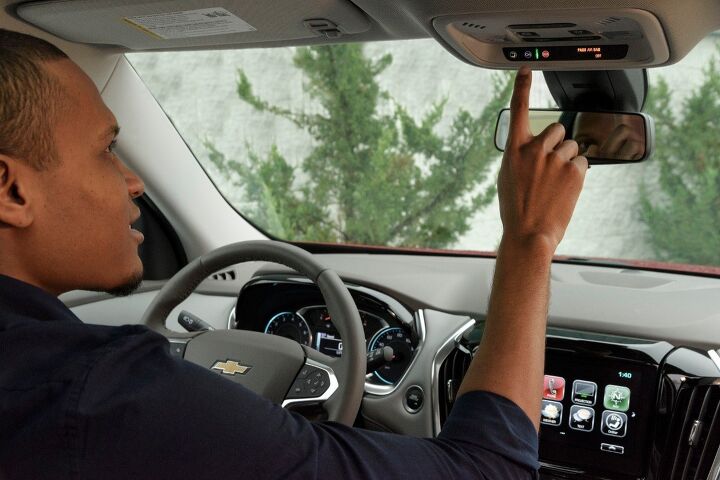

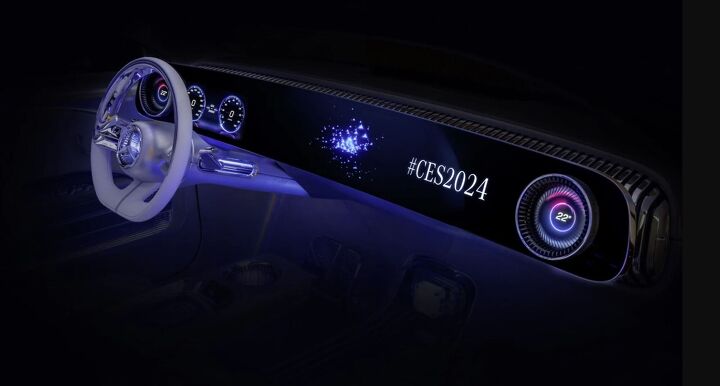


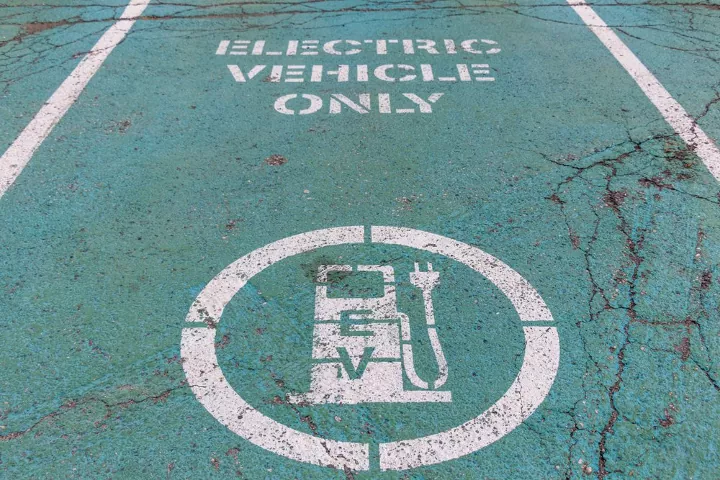
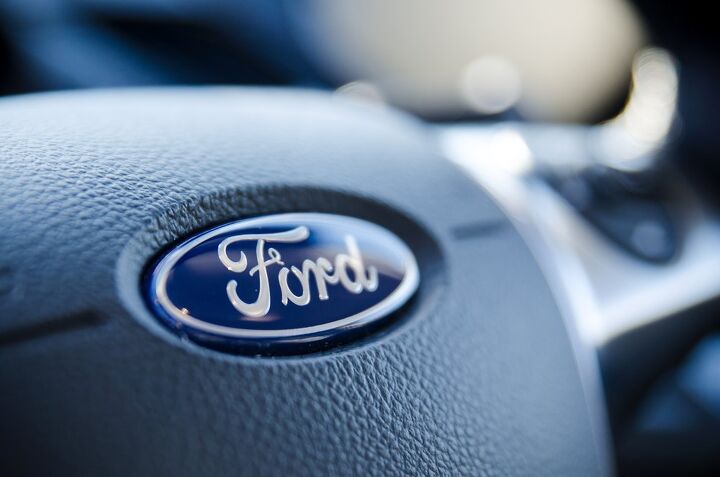



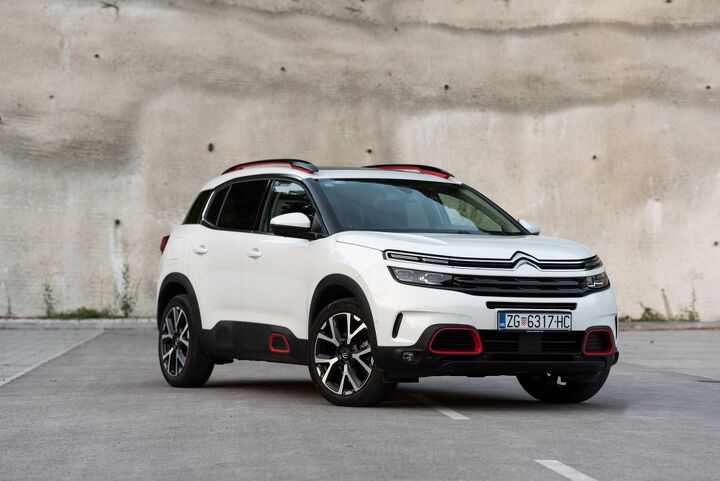


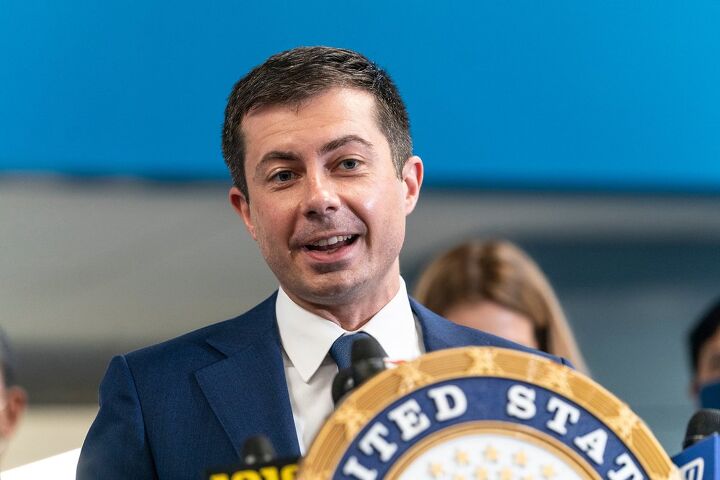













Recent Comments